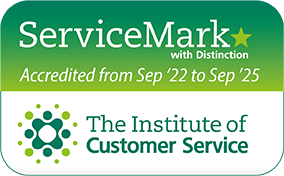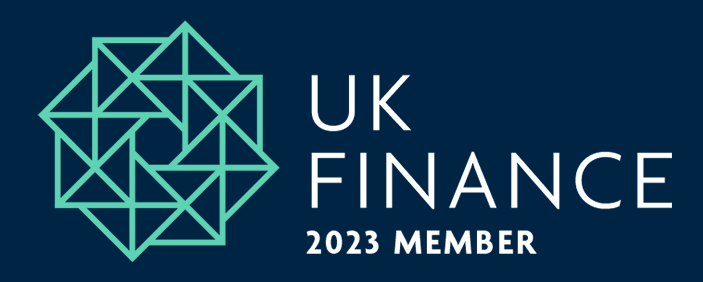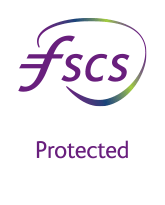Check out our back to basics, easy to understand guide to Cash ISAs.
In its most recent first-time buyer index, Aldermore bank revealed over half (52%) of prospective first-time buyers struggle with common housing and mortgage jargon.
Luckily, we’re here to help!
Below we explain key terms first-time buyers will come across during the mortgage process to help ease the stress during what can be a confusing process.
Don’t forget: our qualified mortgage advisers are committed to talk to you in a way you understand; we are people orientated, not computer generated.
Read our article “Why we should be your affordable housing lender of choice” for further information about how else we can help, particularly if you are purchasing through Help to Buy Shared Equity or Shared Ownership schemes.
Affordability is one of the measures lenders use to calculate how much you can afford to borrow. This takes into consideration your situation, including dependants, income and outgoings.
When you decide to buy a property, you will need to show how much you can afford to borrow and if you qualify for a mortgage. Lenders will look at your income and commitments and tell you an amount they would be prepared to lend you. This is called an Agreement in Principle.
The annual percentage rate of charge is an industry-wide tool used to compare interest rates and charges for credit between lenders, enabling you to make an informed decision on the cost of your mortgage with each specific lender and mortgage property.
The APRC is a single rate which takes into account the fees associated with the mortgage, the loan amount, the repayment method, the mortgage term, the interest rate and how interest rate is charged (annually, monthly or daily).
Lenders will sometimes charge a fee which is payable as part of the cost of the product. An application fee is similar to a booking fee.
A booking fee is usually required when you submit an application. It is paid to ‘book’ or ‘reserve’ the funds on the product.
With a capital and interest repayment mortgage, the monthly repayment covers both the repayment of the amount borrowed (capital sum) and the interest due on the loan. It is calculated to pay off the loan over the mortgage term. During the early part of the mortgage, your payments will be geared more to paying off the interest; whereas in later years, most of your payments will be repaying the capital sum.
A deposit is the amount of money you have to put towards a new property. This can come in the form of personal savings, a gift from a family member or elsewhere. Normally, the larger the deposit, the lower the mortgage rate will be.
With a discounted mortgage rate, the lender’s standard variable mortgage interest rate is discounted for specified term.
If you repay your mortgage early, in full or in part, an additional charge may be payable; this is called an early repayment charge.
An ESIS is a very important document that sets out the terms of the mortgage product and total costs of the loan. It must be given to you at the point where a product is recommended or chosen.
The monetary difference between the mortgage amount owed and the value of the property.
The first mortgage payment you make after completion of the mortgage will often be higher than subsequently payments. This is because your normal monthly payment just covers the month in which it is due, but a new mortgage can often start part way through a month.
A fixed rate mortgage has an interest rate is fixed for a set period of time. This means a borrower knows exactly what their monthly payments will be during that period, which can be helpful for budgeting. At the end of the fixed rate period the rate will usually change to lender’s standard variable rate.
Your deposit – either in part or full – is paid (gifted) by a loved-one.
With a Help to Buy Equity Loan, the government lends you up to 20% of the cost of your newly built home, so you’ll need a 5% cash deposit and a 75% mortgage to make up the rest. You won’t be charged loan fees on the 20% loan for the first five years of owning your home.
You can find further information about the Help to Buy Equity loan here.
The rate at which interest is calculated on your mortgage (shown as a percentage).
A borrower with a lower salary can get support from a loved-one to jointly apply for a mortgage, but the loved-one won’t be a registered legal owner of the property.
Lenders will consider the loan amount you have applied for as a percentage of the purchase price or valuation figure (whichever is lower). This is known as ‘loan to value’ (LTV). The lower the LTV, the larger the deposit and the greater stake you will have in your home.
A mortgage exit administration fee (MEAF) applies when you repay your mortgage.
Portable means the terms and conditions of your current mortgage can be transferred to a new mortgage for your new home.
A remortgage is when you move your current mortgage from one lender to another. This can be for a number of reasons: to receive a better interest rate, to reduce the term of your mortgage or to release equity from your home.
Shared Ownership is the government’s part-rent-part-buy home ownership scheme. Individuals buy a share of a property rather than outright. The share is normally between 25% and 75% and rent is then payable on the remaining share.
Visit our Shared Ownership guide for full details on the scheme.
A standard variable rate is the interest the lender will put on a mortgage. The lender decides when to increase and decrease this rate; however, it normally coincides with the Bank of England base rate.
A variable rate mortgage has an interest rate which can go up and down; it is not fixed, therefore, if the mortgage interest rate falls, your monthly mortgage repayment reduces but if the rate goes up, so does your monthly repayment.
A variable rate mortgage has an interest rate which can go up and down; it is not fixed, therefore, if the mortgage interest rate falls, your monthly mortgage repayment reduces but if the rate goes up, so does your monthly repayment.
Not found what you are looking for? Have no fear! Click here to visit our full mortgage glossary.
If you are looking for a mortgage, please contact us and arrange an appointment. We provide a tailored and individual service either by face-to-face, by video call or by telephone.
YOUR MORTGAGE IS SECURED ON YOUR HOME. THINK CAREFULLY BEFORE SECURING OTHER DEBTS AGAINST YOUR HOME. YOUR HOME MAY BE REPOSSESSED IF YOU DO NOT KEEP UP REPAYMENTS ON YOUR MORTGAGE.






